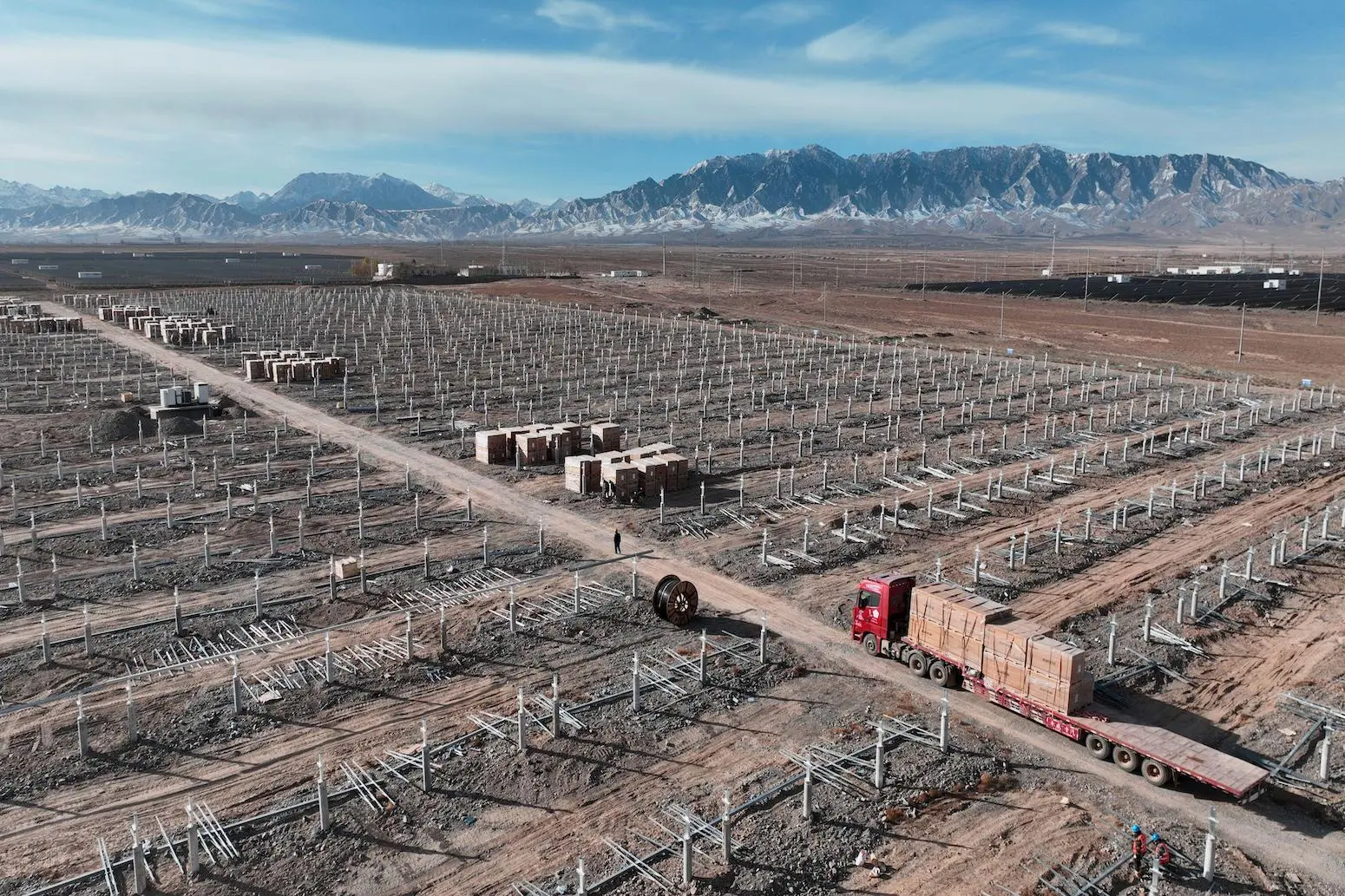-
China has been seeing a boom in manufacturing, which has offset a contraction in demand for carbon-intensive steel and cement due to the ongoing real-estate slump.
-
The emissions rebound in 2023 has been accompanied by record installations of low-carbon electricity generating capacity, particularly wind and solar.
-
Hydro generation is set to rebound from record lows due to drought in 2022-23.
-
China’s economic recovery from Covid has been muted. To date, it has not repeated previous rounds of major infrastructure expansion after economic shocks.
-
There has been a surge of investment in manufacturing capacity, particularly for low-carbon technologies, including solar, electric vehicles and batteries.
-
This is creating an increasingly important interest group in China, which could affect the country’s approach to domestic and international climate politics.
-
On the other hand, coal power capacity continues to expand, setting the scene for a showdown between the country’s traditional and newly emerging interest groups.
Taken together, these factors all but guarantee a decline in China’s CO2 emissions in 2024.



Sure, but as soon as you use less fossil fuel, fossil fuel companies earn less money, which means less lobbying for fossil fuels. At the same time you have more green technologies, which earn more money, which are lobbying for even more green technologies. Thats why this is so extremly important.
Obviously they know this as well and so will lobby extremly hard to stop it or revert it. That means the next years are going to be extremly tough for climate activists. We already see it in Europe. With the energy war in Ukraine a lot of good policy was made and that caused a massive backlash. Thing is the laws are still on the books and they are hurting the fossil fuel industry badly, as soon as prices start to fall.